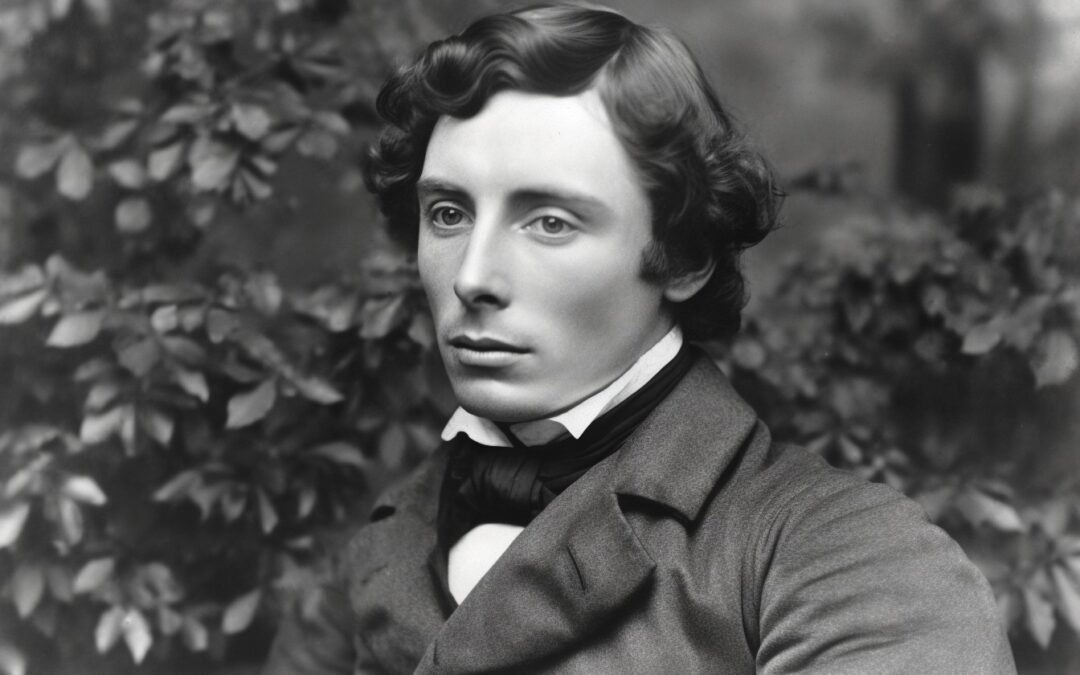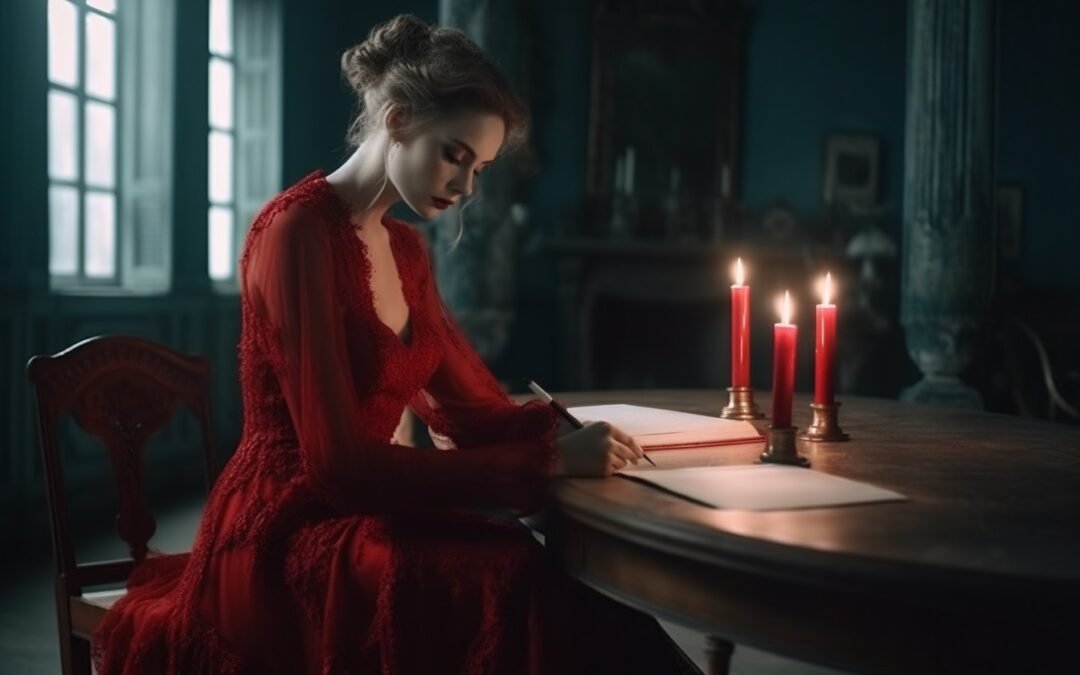


George Gordon Byron, commonly known as Lord Byron, is a name that resonates throughout the annals of literary history – and for a very good reason. Byron’s work is a cornerstone of romantic literature, characterized by its intensity and its engagement with themes of love, nature, and defiance against societal norms. His life, as much as his poetry, has been a subject of intrigue and fascination.
Byron was born in 1788, inheriting the title of Baron Byron at just ten years old. His early life was marked by a series of tumultuous relationships and personal struggles, experiences that would later fuel the passionate and often tumultuous nature of his writing. Byron’s work is known for its lyrical beauty and introspective qualities, providing a window into the complexities of his own character.
One of Byron’s most famous works, “Childe Harold’s Pilgrimage,” is a reflection of his own disillusionment with the world around him. The poem follows a young nobleman who, much like Byron himself, becomes weary of the excesses of society and embarks on a journey of self-discovery. This narrative struck a chord with readers, establishing Byron as a prominent figure in the Romantic movement. For those exploring the landscape of contemporary poetry, Byron’s themes of introspection and disillusionment remain relevant, akin to the explorations found in modern poems.
Byron’s personal life was as eventful as his poetry. His numerous love affairs, scandalous by the standards of his time, added to his enigmatic persona. His relationships, both fleeting and profound, inspired many of his most famous works. Poems like “She Walks in Beauty” and “When We Two Parted” reveal the poet’s deep-seated appreciation for beauty and his poignant reflections on lost love. Byron’s ability to capture the essence of romance is timeless, often compared with the best love poetry books of any era.
In addition to his romantic poetry, Byron was also a fervent advocate for political freedom. His work often reflected his progressive views and his disdain for tyranny. This is particularly evident in his involvement in the Greek War of Independence, where he ultimately sacrificed his life for the cause. Byron’s commitment to political activism is mirrored in the works of modern poets who use their art as a vehicle for social change.
Byron’s poetry is not limited to themes of love and rebellion. He also explored darker themes, delving into the depths of human despair and suffering. His works often convey a sense of melancholy, capturing the struggles of the human condition. This aspect of Byron’s writing finds a parallel in the best sad poetry books, which similarly explore the intricate layers of sorrow and loss.
A distinctive feature of Byron’s poetry is his use of vivid imagery and his command of the English language. His ability to evoke powerful emotions through his choice of words, his masterful use of poetic forms, and his linguistic prowess are especially evident in poems like “Don Juan,” an epic satire that showcases Byron’s wit and his keen observations of human nature.
Byron’s influence extends beyond his own era, leaving an indelible mark on literature and popular culture. His persona, the archetype of the brooding, rebellious poet, has inspired countless writers and artists. The “Byronic hero,” a character type characterized by its complex and flawed nature, remains a staple in literature and film.
Today, Byron’s legacy continues to be celebrated by poetry enthusiasts and scholars alike. His works are studied for their artistic merit and their insight into the human psyche. The themes he explored, from passionate love to profound sorrow, all captured in the timeless beauty of rhyming love poems, continue to resonate with readers, bridging the gap between past and present.

